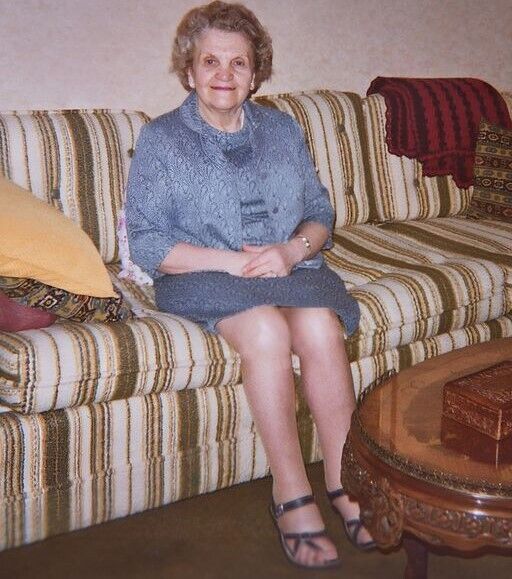Agatha had always taught her children virtues like kindness and empathy, yet as adults, they seemed indifferent to her. They rarely called, each offering excuses about busy schedules or family responsibilities. Agatha, now elderly, longed for time with them, even to see her grandchildren. Brian, her eldest, would claim work demands kept him busy; Sally, her second, always “meant” to call; and twins John and Mary blamed demanding journalism careers.
Disheartened, Agatha confided in her friend Sharon. “They never visit, and my lawyer’s asked me to write my will,” she sighed. Sharon suggested a bold plan: Agatha would fake her death to see how they’d react.
Agatha soon “fell ill” and went to the hospital, yet still, her children didn’t visit. Days later, they received messages announcing her passing. They arrived quickly, more interested in dividing her estate than mourning her.
Agatha’s friend Sharon watched as they argued over the inheritance. She then ushered each child, one by one, into a room where Agatha, very much alive, waited. Brian entered first, surprised but skeptical of Agatha’s motives. Sally followed, similarly stunned. John emerged in tears. Finally, Mary, sensing something unusual, entered and cried out in joy, embracing her mother.
When all had seen her, Agatha revealed her intentions. “If I had to choose an heir, it would be Mary,” she said, “but I believe in all of you and your ability to change.” She divided her inheritance equally, hoping this lesson would deepen their understanding of family and compassion.
The impact was profound. They began visiting Agatha regularly, and holidays became cherished family gatherings. Years later, when Agatha passed away, they used part of her estate to fund a shelter, a place for less fortunate people to celebrate together—an enduring tribute to the values their mother had taught them.
